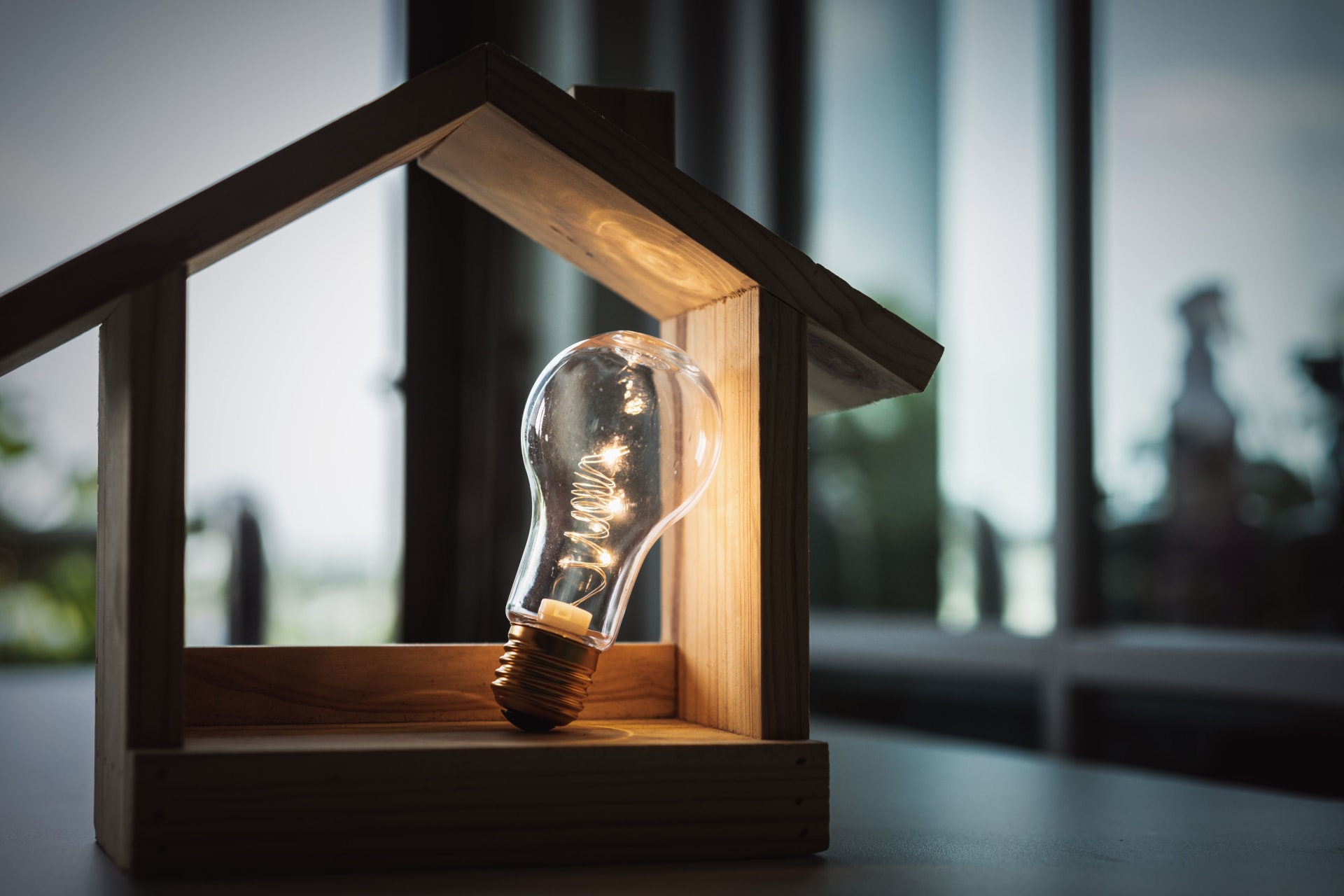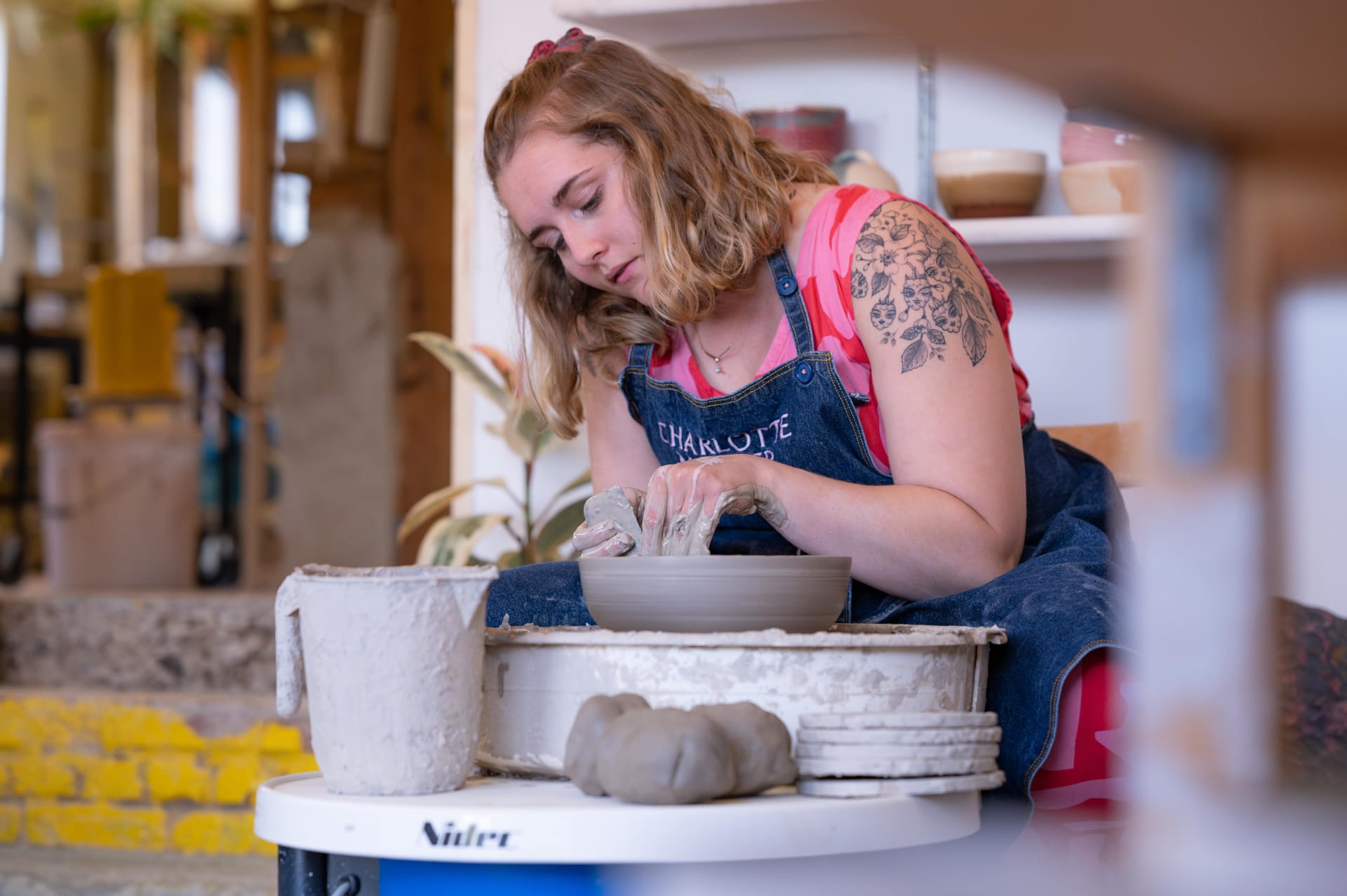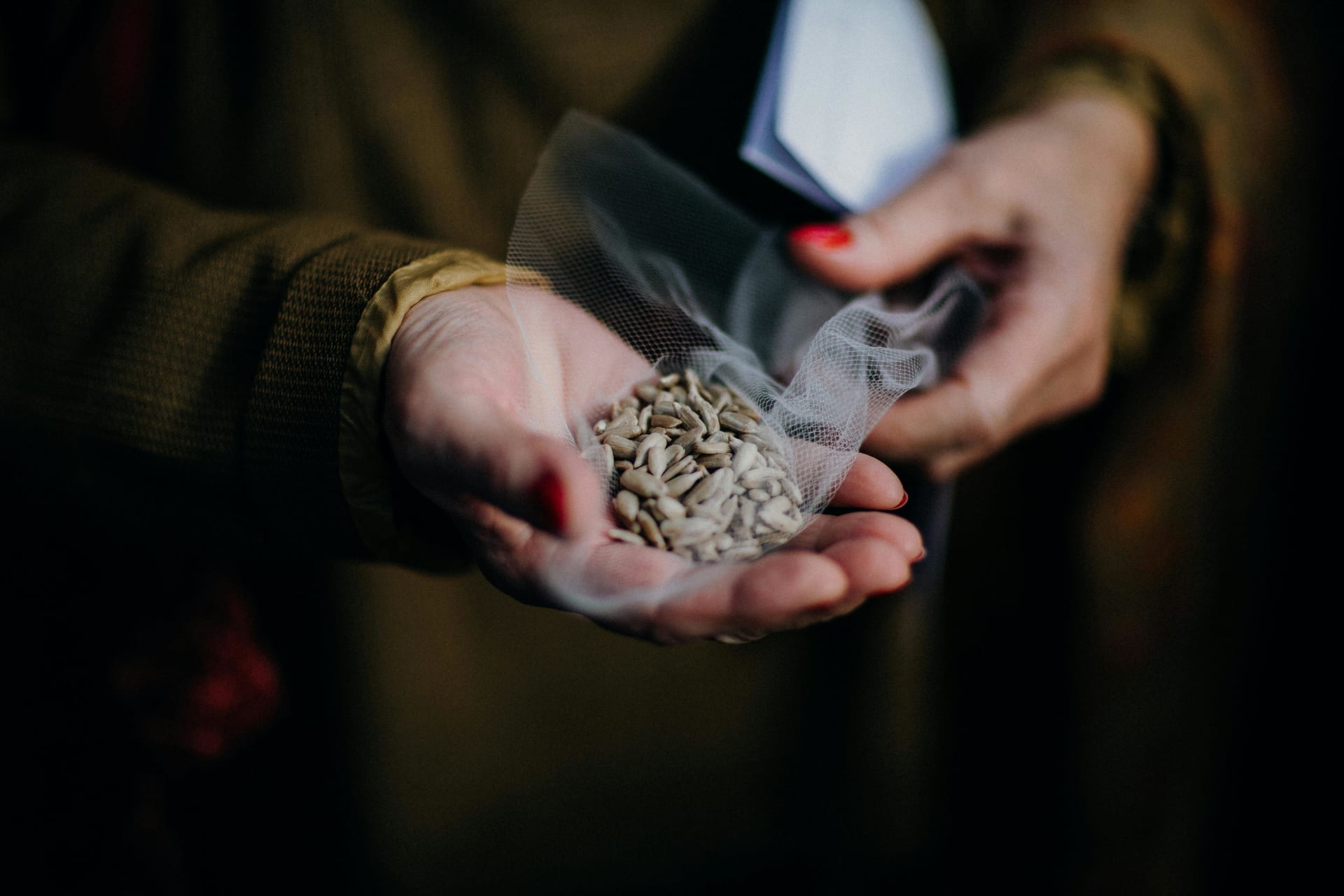Johnson Fernandes looks at why the people of Oxfordshire are key to reducing the UK’s reliance on fossil fuels and CO2 emissions.
Back in May, the World Meteorological Organisation (WMO) gave us the unnerving news that we now only have a fifty-fifty chance of limiting global warming to 1.5°C – essentially the threshold to keep our way of life as it is today. Once exceeded, we could be subject to the worst effects of climate change, putting huge pressures on the supply of food, resources to combat flooding, drought, wildfires, threatening wildlife and biodiversity - and ultimately the inevitable migration of people from the worst affected parts of the world.
To combat the consequences of climate change, we must drastically and urgently reduce our carbon emissions. And that’s not just a job for industry, but for households as well. With that goal in mind, an exciting new energy project has been set up in Oxfordshire to help residents to lower energy costs whilst doing their bit to reduce carbon emissions.
National challenges, local solutions
The government has already set a goal to reach ‘Net Zero’ by 2050 – that is, to more or less mitigate our carbon output completely. But to reach that target the UK’s energy system needs to change: we need to replace our reliance on fossil fuels like oil, gas and coal, with electricity that takes its power from renewable resources like solar, wind and tidal. This transition, referred to as ‘electrification’, will supply us with zero carbon energy and, along with other technologies like heat pumps and solar panels, needs to be the main source by which we power our homes and businesses. It will also provide the power for our future transportation, including the charging of our electric cars.
But as we make this transition, the changes required will be just as much about people and the way we use energy, as it is about the sources of power and technology.
Attention is now being given to the idea of de-centralising the national grid and increasing energy generation and storage at local level. This would allow areas to specifically adapt to local energy needs, rather than calls on energy consumption being determined nationally.
This is a big change and we need to be confident that these new supply systems are reliable and cost effective. And this means testing out new ways of providing the right type of energy, in the right amounts to the right people at the right time.
The role of Oxfordshire
This is where the residents of Oxfordshire come in. To gauge how and when we use our energy, what households can do to conserve it, and what impact that may have on local energy generation, an ambitious energy trial has been established: Project LEO - short for Local Energy Oxfordshire - is looking at how changes to technology, markets and people’s behaviour could reduce energy constraints through the creation of a smart local energy system. For example, it is investigating how low carbon technologies might contribute to managing the electricity network during periods of peak demand or at other times when the system is nearing its limits.
More investment in infrastructure such as pylons, cables and substations is not the answer. It is about changing the social system that engages people with the energy that flows through that infrastructure. The £15 million project is a massive effort that involves several organisations including Oxfordshire County Council, Oxford City Council, the University of Oxford, Scottish & Southern Electricity Networks (SSEN) and EDF Energy. “While many locations in the UK were in the running for such a project, Oxfordshire won hands down - not only because of local government’s unequivocal support for clean energy, but also due to a residential majority of what might be considered climate-aware households”, said Stevie Adams, SSEN’s head of Innovation.
Smart Tech
As part of the project which runs until next Spring, a number of new technologies and services are being offered to householders to help them reduce the amount of energy they use. One of those is from energy management company, equiwatt. They use existing smart home technologies like smart meters, smart plugs and smart EV charges to enable householders to play an active part in reducing energy use during peak times when expensive and highly polluting fossil fuel power stations are used to meet the surge in demand.
The equiwatt app is free and easy to use. Just download, register and connect to your existing smart meter to get started. When demand for energy is high, equiwatt sends notifications to users to turn off appliances such as dishwashers, electric heaters and fridge/freezers – or avoid using them - for up to an hour at a time, thereby reducing energy usage. By acting collectively to save peak energy at the same time, we can have a big impact on helping households to lower energy costs, reduce their carbon output and help better balance our local electricity grids.
If you don’t have a smart meter (yet), you can also connect the app to individual household appliances and electric vehicles which will allow you to use smart plugs and smart chargers to automatically switch appliances or pause electric vehicle charging. As an added incentive, equiwatt has a rewards scheme whereby ‘saved energy’ can be redeemed for vouchers or smart home devices via their online shop.
There is no single solution to meeting our zero carbon targets. But Project LEO and Oxfordshire residents have the opportunity to start making a real difference now.
Special Offer
Readers who download and register with the equiwatt app by October 31st using referral code OX22 will be entered into a draw to win one of ten smart plugs. Visit www.equiwatt.com/OX to find out more.
Johnson Fernandes is Founder and CEO of equiwatt,com
Learn more about Project LEO at project-leo.co.uk









